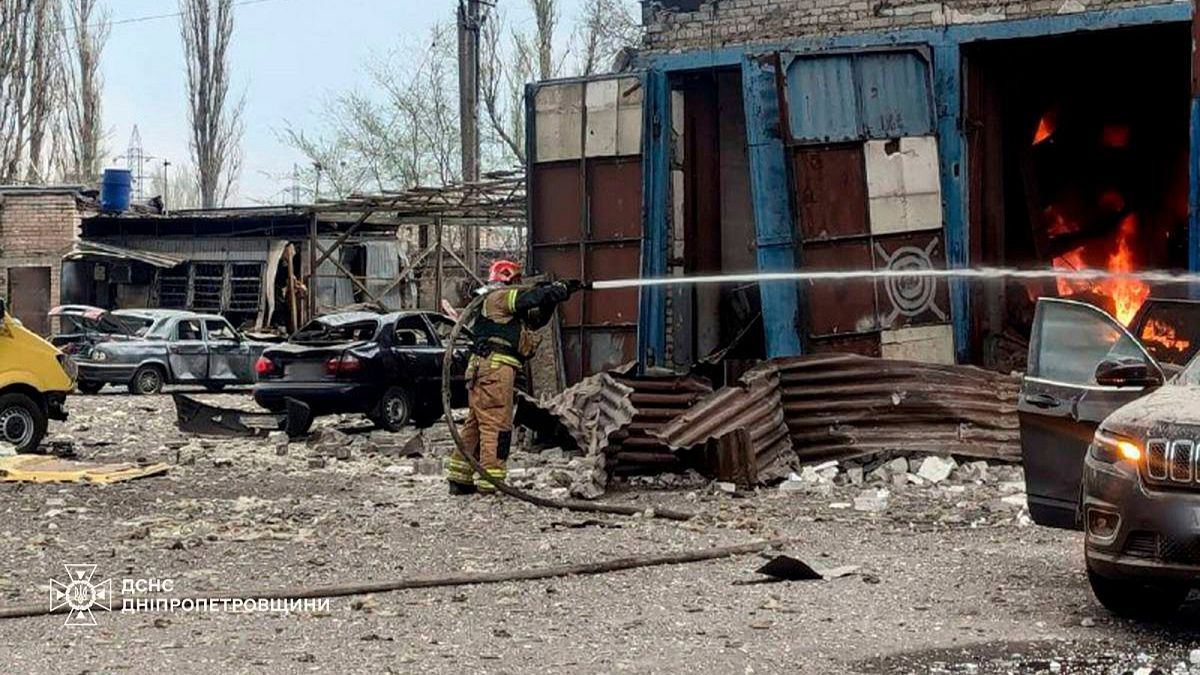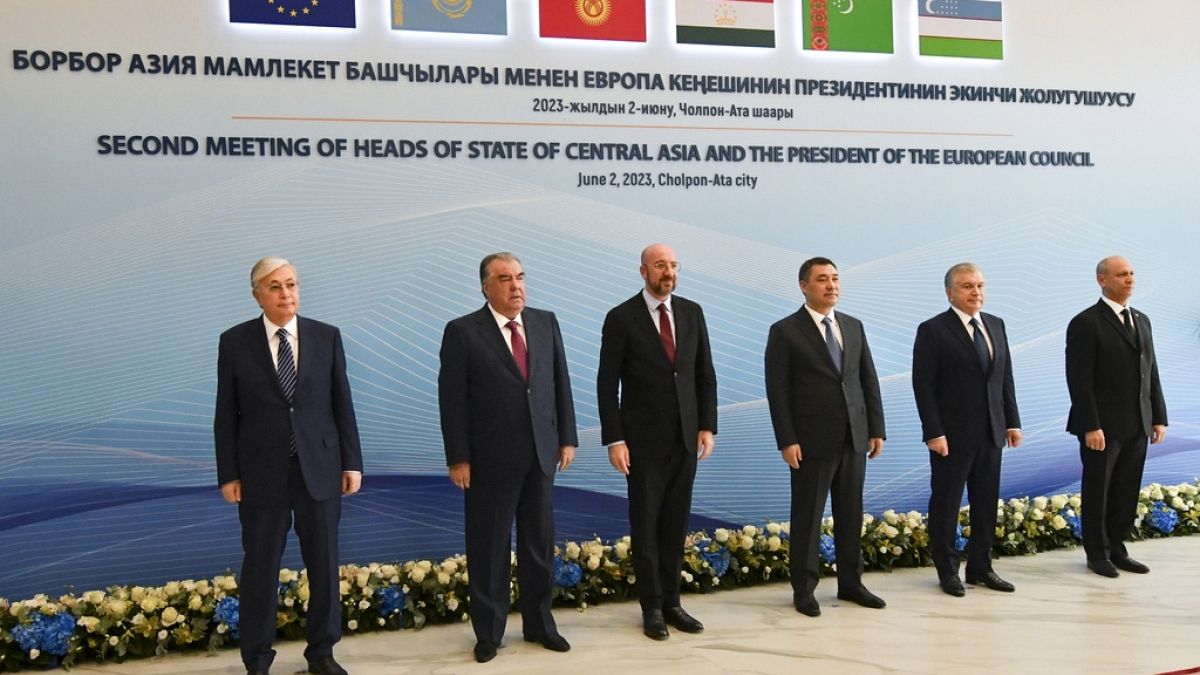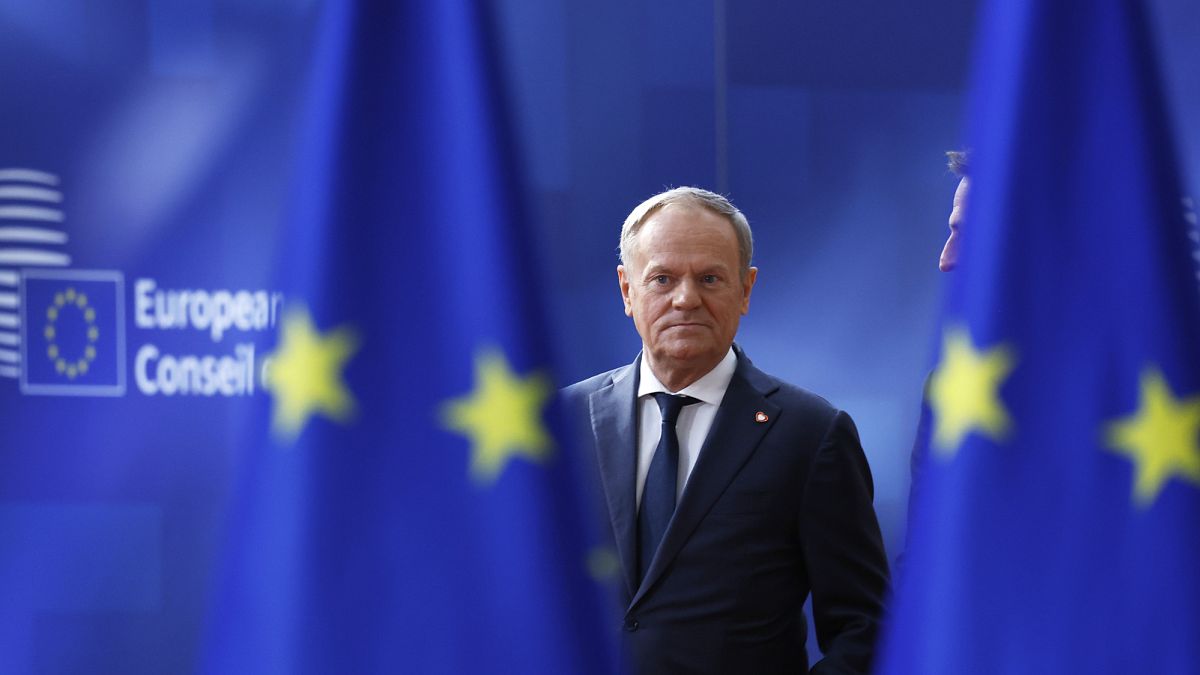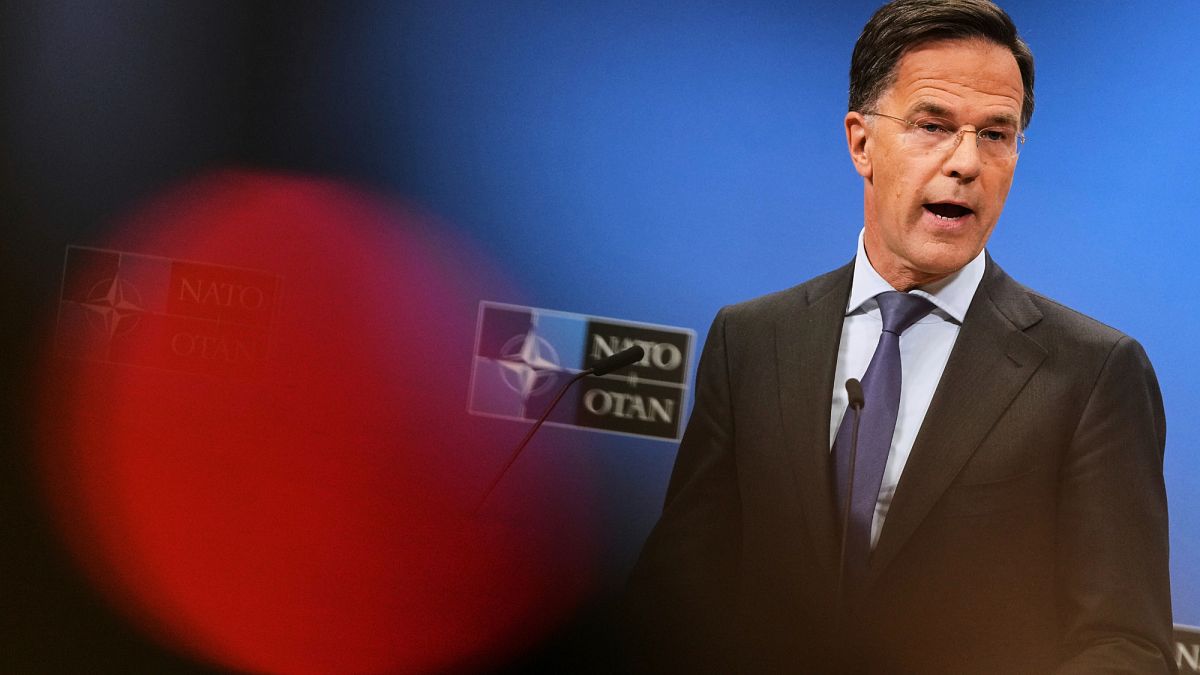This week's key events presented by Euronews' senior energy and environment correspondent Robert Hodgson.
Key diary dates
Wednesday 5 March – EU Commission to publish industrial Action Plan for the automotive sector.
Thursday 6 March – Special European Council, leaders meet with Ukrainian president Volodymyr Zelenskyy to discuss Ukraine and defence.
Thursday 6 March – Hearing at the Court of Justice of the European Union (CJEU) of Zalando's appeal against designation by the European Commission, as a “Very Large Online Platform” under the Digital Services Act.
In spotlight
You’ll have to wait until September for the EU capital’s annual car-free Sunday, but for this week the focus is very much on matters four-wheeled. Ursula von der Leyen is due to present on 5 March a keenly awaited Action Plan for the Automotive Industry, having taken personal charge of a Strategic Dialogue on the Future of the European Automotive Industry.
Parties to the debate fall roughly into two camps. There is the bulk of the car industry, as represented by the European Automobile Manufacturers Association (ACEA), which wants relief from potential multi-billion-euro fines for missing stricter CO2 emissions limits for new vehicles that came into force this year.
The closure of Audi’s Brussels factory with the loss of 3,000 jobs last week was just the sort of thing the industry faces if the EU presses on with its targets in the face of what it claims is falling demand for electric cars, according to the carmakers’ narrative.
On the other side of the road stand environmental NGOs and various sectors of industry that stand to gain from a more rapid electrification of Europe’s transport system – among them a couple of carmakers who have made the transition, or never needed to transition in the first place.
The trade associations ChargeUp Europe and E-Mobility Europe recently wrote to von der Leyen calling on her to stand firm and neither ease this year’s emissions standards nor waive the penalties for failing to comply.
E-Mobility reiterated its warning in its reaction to last week’s Clean Industrial Deal: “Pushing back this year’s ambition would have a chilling effect on Europe’s value chain investment goals, while handing a further lead to China and hindering Europe’s energy security efforts”.
Tesla – a member of both groups – is on track for a billion-euro windfall by selling its surplus zero-carbon ‘credit’ in a pooling system that allows laggards to, at least in part, buy their way into compliance.
So what can we expect to see in this week's Plan? Euronews got hold of a four-page note sent to participants ahead of the last dialogue session, which von der Leyen is hosting on Monday (3 March).
Leeks and other food for thought…
That’s the title of the leaked document, which was distributed to invitees on Thursday evening: “Automotive Industrial Action Plan – food for thought”. It’s a five-course meal, and first up is Innovation & Digitalisation – the Commission plans to set up a “European Connected and Autonomous Vehicle Alliance”.
Then the main course, Clean Mobility. “We will undertake several priority measures to boost the demand for electric vehicles,” it says. The EU executive will encourage governments to put in place “social leasing schemes” to help make electric cars more affordable, and the Plan will be accompanied by a “communication” – so not the law many are hoping for – on “clean corporate fleets”.
It will also accelerate the roll-out of charging infrastructure – partly by enforcing existing rules, for example on installing charging points at office buildings and new blocks of flats.
But the billion-euro question remains unanswered for now: the document has empty brackets as a placeholder for whatever the Commission cooks up regarding compliance with the CO2 Standards Regulation. Monday’s dialogue will surely be a heated one.
Then comes a chapter on Competitiveness and supply chain resilience – the EU executive plans a “Battery Booster package” to encourage domestic production, and will explore ways for finance recycling facilities.
Skills and the social dimension comes next. Just as gas boiler fitters might be well advised to retrain as heat pump technicians, Europe’s army of car production line workers, mechanics and petrol pump attendants will need to retrain as the EU heads towards its 2035 target of ending the sale of new petrol and diesel cars.
Lastly comes a substantial dessert course of Level playing field and business environment. Note: this is “to be updated in light of recent developments”.
With US president Trump tossing threats of tariffs with disconcerting abandon, the Commission “will continue to pursue FTA negotiations to enhance market access and sourcing opportunities for the automotive industry”.
Another “recent development” is Trump’s grab for access Ukraine’s vast mineral reserves – key battery ingredient lithium among them. No surprise, then, that the document suggests the EU should “develop further cooperation with resource-rich countries including through Clean Trade and Investment Partnerships and Strategic Partnerships to secure better access to battery minerals”.
Policy newsmakers
Controversial simplicity
Commissioner for Economy Valdis Dombrovskis, sought to pre-empt criticism of a U-turn on Green Deal legislation adopted under Commission President Ursula von der Leyen’s first administration by pointing to “dramatic shifts in the geopolitical landscape”, when presenting the first of a promised “fleet” of so-called “omnibus” packages designed to meet the Commission’s goal of slashing red tape for firms. The Brussels based European Consumer Organisation (BEUC) was unconvinced, however. The proposed changes “risk rendering the framework not fit for purpose and discouraging consumers from engaging in sustainable and climate transition investing”, BEUC Director General Agustín Reyna said.

 1 month ago
7
1 month ago
7






 We deliver critical software at unparalleled value and speed to help your business thrive
We deliver critical software at unparalleled value and speed to help your business thrive






 English (US) ·
English (US) ·